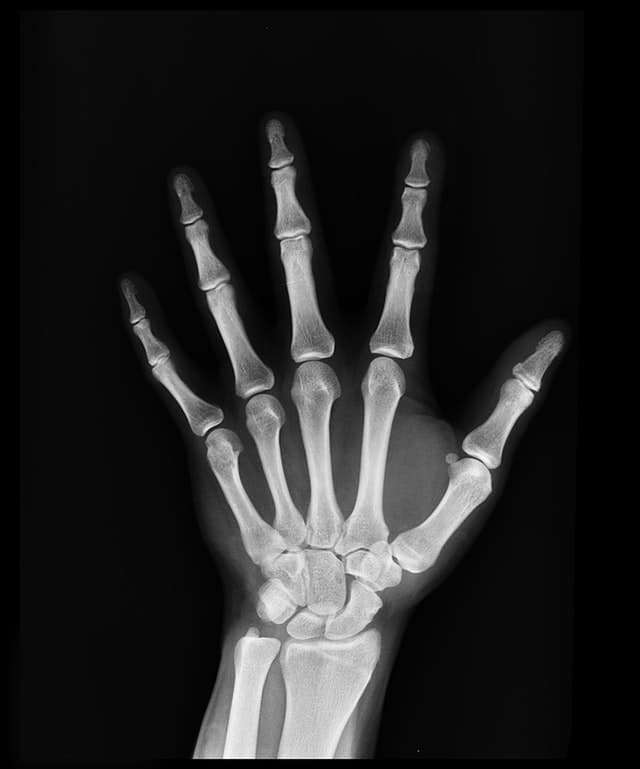October is National Audiology Awareness Month, an opportunity for those in Los Angeles to learn more about the profession of audiology and the importance of hearing protection in order to help prevent hearing loss. Much of the education centers on well-known complications and side effects of hearing loss – isolation, depression, dementia, increased risk of falls, etc. – but little is mentioned of osteoporosis. It might surprise you to learn there is a link between it and hearing loss.
Understanding Osteoporosis

Osteoporosis is a bone density disease that affects an estimated 54 million Americans. It is characterized by weakened, fragile bones that are prone to breaking easily. People of all ages can experience osteoporosis, but it is most common in those aged 50 and older. About half of all women over this age, and a quarter of all men, will break a bone as a result of osteoporosis.
Low bone mass is the most serious complication from osteoporosis. This increases the risk of substantial bone loss and fractures, most commonly in the hips, spine, and wrist. Most of these fractures are the result of falls, but in some cases, minor bumps – or even a sneeze – can lead to a broken bone. Other side effects of osteoporosis include a stooped or hunched posture as a result of height loss; limited mobility; isolation; and depression. Most sobering of all is the fact that 20 percent of elderly patients who break a hip end up dying of complications from that fracture within a year.
Now, researchers are concerned with a new potential complication of osteoporosis: hearing loss.
How Are Osteoporosis and Hearing Loss Related?
When sound waves enter your ear canal, they strike the eardrum, a thin membrane that is attached to a trio of tiny bones in the middle ear called the ossicles. Osteoporosis causes weakened bones, and when the ossicles are affected, damage to these bones causes hearing loss. The stapes, one of the smallest bones in the human body, is part of the ossicles; its tiny size makes it particularly susceptible to fracture.
When hearing loss does occur as a result of osteoporosis, it can come on suddenly. One recent study examined 10,000 patients with osteoporosis and found that they were 76 percent more likely to develop sudden sensorineural hearing loss compared to individuals without the bone disease. They are also more likely to experience tinnitus, a ringing in the ears.
Due to the seriousness of bone fractures, especially in the elderly, your Los Angeles audiologist recommends annual hearing screenings for anybody over the age of 50 who has been diagnosed with osteoporosis. If you’re one of those patients, we strongly recommend you speak to your audiologist today. It’s never too late – even if you’re already experiencing signs of hearing loss, there are treatment solutions to improve your quality of life.